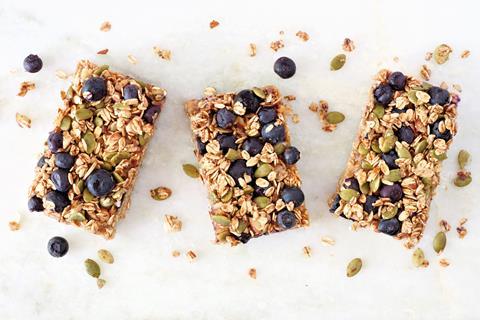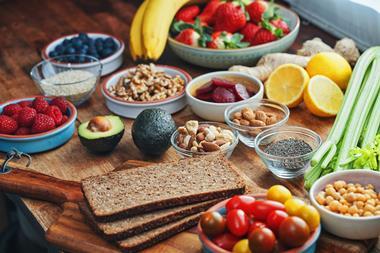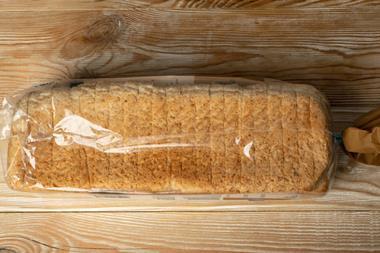
Tate & Lyle has launched Fibre University – a modular online course designed to help food scientists tackle fibre formulation challenges.
The first module, titled Fibre Fundamentals, will take place at 11am CST/ 5pm GMT on Wednesday 10 February 2021. The one-hour session will cover the basic principles of formulating with fibre, including the different types of fibre available, their processing and manufacturing performance and how to solve specific formulation challenges, such as sugar and calorie reduction, with fibre.
Selecting the appropriate fibre is key to solving challenges relating to taste, texture, nutrition, processing and labelling for new and reformulated products, according to Tate & Lyle. The webinar is designed to help address these issues and provide a forum for formulators to discuss them.
“Research shows that most people around the globe are not getting enough fibre in their diet and, as a result, are missing out on a host of health benefits. At the same time, as many as 52% of consumers want to increase their fibre intake. This gives food and drink manufacturers a prime opportunity to support consumers by fortifying their products with fibre,” said Dr Kavita Karnik, global head of nutrition & regulatory affairs, at Tate & Lyle.
It comes amid Fibre February – an annual month-long consumer-facing campaign designed to encourage consumers to increase their fibre intake.
Headway has been made on this by bakery suppliers in recent weeks as well. Co-op, for example, is swapping the bread in its own label sandwich range for a fibre-enriched one.
Puratos UK, meanwhile, has recently secured a government-funded grant for a product called Maxfibre, which is made from by-products of brewery, cereal milling and fruit processing to form a natural dietary fibre in micro-powder format.
Four years of work by Bridor has also come to fruition as it rolled out an enriched fibre bread range called L’Ambiote.
































No comments yet